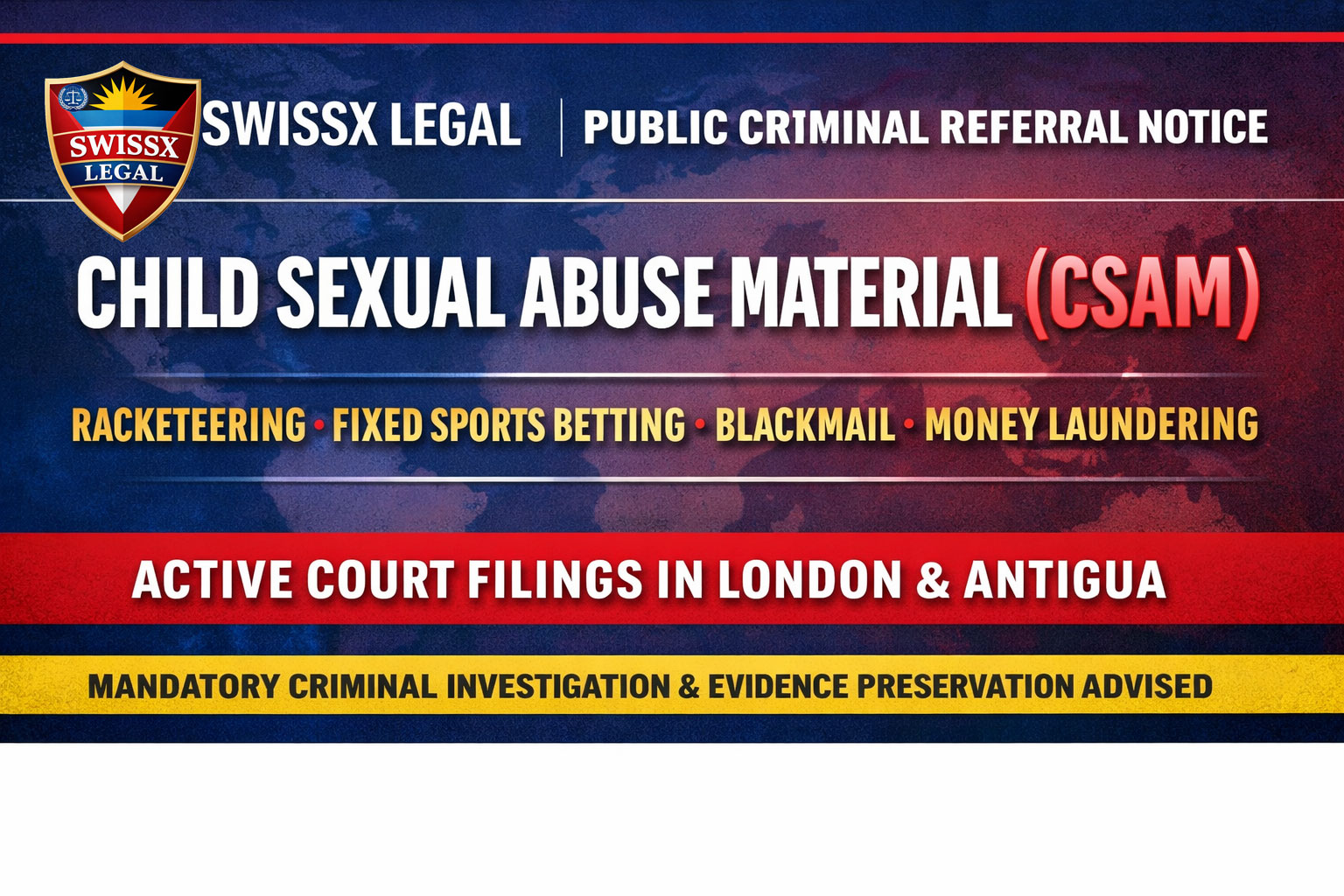In the champagne capital of Reims, France, a harrowing human trafficking trial has commenced, focusing on the plight of seasonal workers employed in the lucrative champagne industry. Three defendants—a Kyrgyz woman, a Georgian man, and a Frenchman—are accused of exploiting more than 50 undocumented workers primarily from West Africa.
These workers, aged between 16 and 65, were found during the harvesting season in September 2023, living in deplorable conditions at a site in Nesle-le-Repons. They had been recruited through a WhatsApp group directed at the Soninke ethnic community in Paris, which deceptively promised "well-paid jobs" in the renowned Champagne region.
Survivors of the ordeal have described their experiences as traumatic. Kanouitié Djakariayou, aged 44, recounted to La Croix newspaper, "They shouted at us in Russian and crammed us into this broken-down house... with no clean water and food limited to rice and rotten sandwiches." His sentiments were echoed by Doumbia Mamadou, 45, who lamented the lack of psychological support post-exploitation, emphasizing, "When you have no papers, you have no rights."
A local resident tipped off labor inspectors who subsequently uncovered the grim conditions of the workers. State prosecutor Annick Browne described the living conditions as a significant violation of the occupants' health, safety, and dignity. The conditions included inadequate facilities and unhygienic living arrangements, coupled with an oppressive work schedule requiring ten hours of labor daily with minimal breaks. Prosecutors claimed the workers were transported in the back of trucks and received pay that did not reflect the work performed.
The primary accused, Svetlana G., operated a recruitment agency known as Anavim that purportedly specialized in sourcing labor for the wine industry, while her associates aided her in the exploitation. Along with human trafficking charges, G. faces accusations for employing foreigners without valid permits, underpayment, and housing vulnerable individuals in unsuitable environments.
If convicted, the trio faces jail sentences up to seven years and substantial fines. This case has cast a spotlight on broader issues of labor exploitation in the estimated €6 billion champagne industry, known for requiring around 120,000 seasonal laborers annually.
Recent deaths among grape-pickers due to suspected heatstroke have raised further alarm about the treatment of migrant workers, and trade unions are advocating for legislation to protect laborers in the industry. Criticism has emerged suggesting some champagne houses bypass accountability by utilizing middlemen. Jose Blanco from the CGT union stated, "It should not be possible to harvest the grapes of champagne using human misery."
In response, the Comité Champagne, representing producers, claims that mistreatment of workers is rare and insists that incidents are promptly addressed when identified. Their presence at the trial reflects a desire to repair the damage inflicted upon the brand due to such unacceptable practices.


















